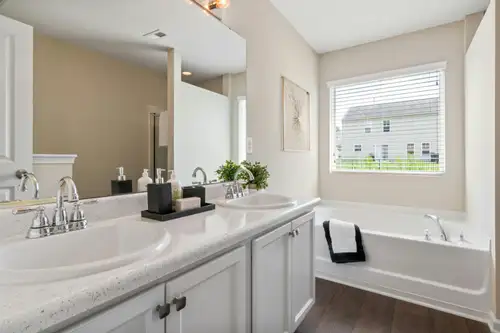
Understanding Water Heaters: Finding the Right Fit for Your Home Oct 07, 2025
Water heaters come in several forms, each offering distinct advantages. The first step is to determine the type of water heater that suits your needs best. The most common options are traditional tank water heaters, tankless water heaters, heat pump water heaters, and solar water heaters.
Traditional tank water heaters store a large volume of hot water, typically ranging from 30 to 50 gallons, and are a popular choice due to their lower initial costs. However, they tend to consume more energy, especially if they are older models. If your household has a high demand for hot water, a tank water heater might be a suitable option, provided you have the necessary space to accommodate it.
On the other hand, tankless water heaters, also known as on-demand water heaters, heat water only when you need it. This can result in significant energy savings since there is no need to maintain a hot water supply. Tankless units are generally more efficient than traditional ones and can last longer, making them a valuable investment for homeowners seeking long-term savings and reduced energy consumption.
Heat pump water heaters, though less common, offer an efficient solution by using electricity to move heat from the air or ground to heat water. They are more energy-efficient than conventional electric resistance water heaters and can significantly lower electricity bills. However, they work best in warm climates and need a space of at least 1,000 cubic feet around the unit.
For those interested in renewable energy, solar water heaters present an environmentally friendly option. They use the sun’s energy to heat water and can significantly reduce energy bills in sunny regions. While the upfront cost can be higher, the long-term savings and environmental benefits make solar water heaters an attractive option for eco-conscious homeowners.
When choosing a water heater, consider the fuel type or energy source that is available in your home, as this can narrow down your options. Additionally, think about the size and requirements of your household. A larger family might need a bigger capacity tank, while a smaller household might benefit from the efficiency of a tankless unit.
Don't forget to consider the energy efficiency of the water heater. Look for models with a high Energy Factor (EF), as these are likely to offer better performance and save money on energy bills over time. Consulting with our experienced team at Little Plumbing can provide you with the insights needed to choose the most efficient and cost-effective solution for your home.
In conclusion, selecting the right water heater requires careful consideration of your household’s hot water needs, budget, and energy efficiency requirements. At Little Plumbing, we are committed to supporting you through this decision-making process, ensuring you choose a water heater that meets your unique requirements. With the right information and professional guidance, you can enjoy a reliable supply of hot water while maximizing your home's energy efficiency and comfort.
/filters:no_upscale()/media/1d0f7eb6-631c-4210-9beb-1ca59a926a7d.jpeg)
/filters:no_upscale()/filters:format(webp)/media/8e93ba2e-0345-4e7d-8a45-cfa85f20410e.webp)